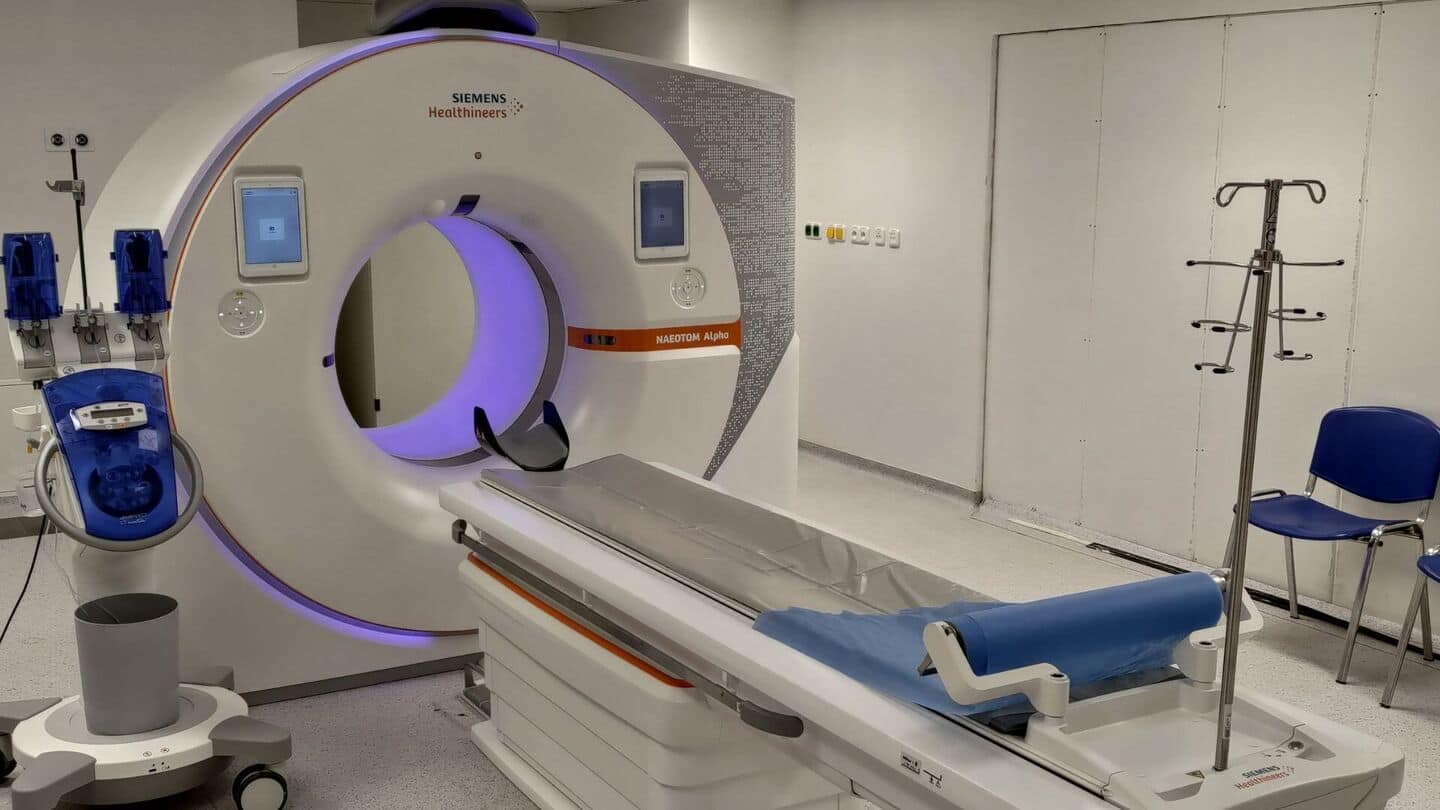
Overuse of CT scans raises cancer risk: Study
What's the story
A recent study published in the journal JAMA Internal Medicine has found that CT scans, a key diagnostic tool, could be responsible for as much as 5% of all US cancer cases in a single year.
The study was led by Dr. Rebecca Smith-Bindman, an epidemiology professor at the University of California, San Francisco.
She said that while medical imaging has potential benefits, it also has possible harms that need to be balanced.
Risk factors
A double-edged sword
CT scans, which use ionizing radiation to produce detailed cross-sectional pictures of the body, have been associated with a higher cancer risk.
Despite this known risk, their use has increased by 35% since 2007 due to what Smith-Bindman and her colleagues call "low-value, potentially unnecessary imaging."
The study estimates that of 93 million scans performed in the US in 2023 alone, around 103,000 cancer diagnoses could be linked to these scans.
Radiation exposure
Variability in radiation levels among CT scans
Smith-Bindman emphasized that some CT scans may not contribute any diagnostic value.
The radiation emitted by a scan can vary widely, and this difference is often attributed to the operator, not the machine.
For example, one scanning facility's dose can be 50 times stronger than another's.
This variability highlights the necessity to limit future exposure to cases where it is genuinely required.
Practice change
Call for changes in current practices
Dr. Dana Smetherman, CEO of the American College of Radiologists, praised the study for highlighting radiation risk.
She emphasized that patients should be informed about which tests emit radiation and encouraged to ask questions about these tests.
The study's authors advocate for changes in current practices to reduce radiation exposure, suggesting that discontinuing low-value CT scans could eliminate exposure entirely.
However, efforts to restrict them have been unsuccessful so far.
Dose optimization
Optimizing radiation doses in CT scans
Smith-Bindman believes the best way to lower risk from CT scans is by optimizing dose used in each scan.
She encourages patients to discuss with their doctors how necessary it is to get any particular scan and how they might have as small a dose of radiation from a scan as necessary.
On a similar note, the University of California has launched a website called Know Your Dose, which helps patients to understand how much radiation they're getting from scans.